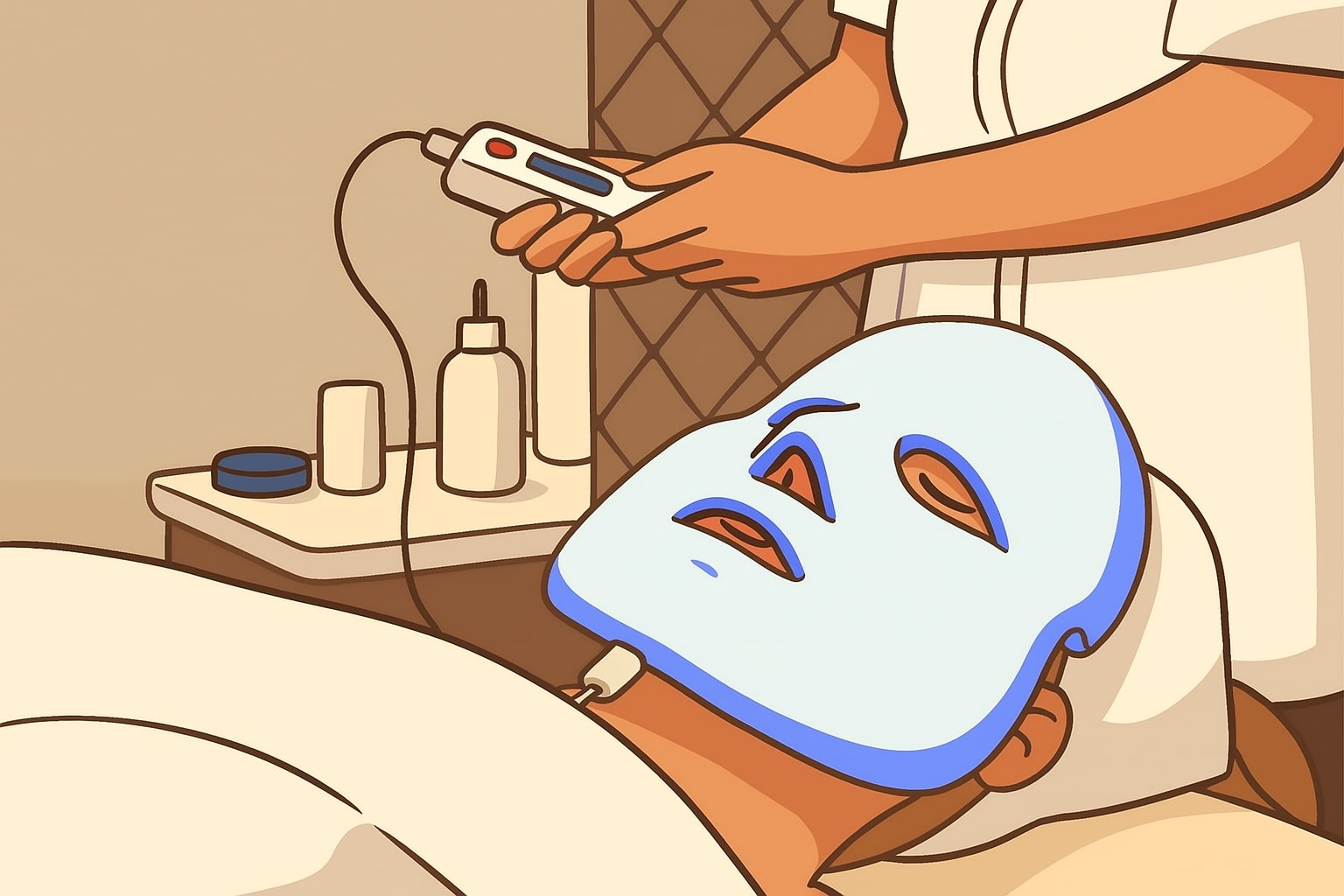Lyme disease is known for causing fatigue, joint pain, and brain fog—but could it also be the reason your teeth are becoming loose or falling out? This question may sound strange, but many people with Lyme disease have reported unexpected dental problems.
In this article, we’ll explore whether Lyme disease can truly impact your oral health and contribute to tooth loss.
What Is Lyme Disease?
Lyme disease is a bacterial infection caused by the bite of a black-legged tick, also known as a deer tick. The bacteria responsible is called Borrelia burgdorferi. In its early stages, Lyme disease can cause symptoms like fever, rash, muscle aches, and fatigue.
If left untreated, Lyme disease can spread to the nervous system, joints, and even the heart. It may also become chronic, leading to long-term inflammation and immune dysfunction that affects various systems in the body.
Common Symptoms and Effects on the Body
Lyme disease doesn’t affect everyone the same way. Some recover quickly, while others develop chronic symptoms that last for months or years. It commonly affects:
- The nervous system (tingling, numbness, brain fog)
- The joints (arthritis-like pain, swelling)
- The heart (irregular heartbeat, chest pain)
- The skin (rashes and lesions)
This systemic nature means it can potentially influence areas we don’t usually consider—like our teeth and gums.
Can Lyme Disease Cause Your Teeth to Fall Out?
So, let’s answer the main question: Can Lyme disease cause your teeth to fall out?
The short answer is: Not directly, but it can lead to circumstances that make tooth loss more likely. Lyme disease creates an inflammatory environment in the body, weakens the immune system, and may increase vulnerability to gum disease (periodontitis), which is the leading cause of tooth loss in adults.
Additionally, people with Lyme often have nutritional deficiencies and may take medications that cause dry mouth—both of which can worsen dental health.
How Lyme Disease Can Impact Oral Health
Although it doesn’t attack the teeth directly, Lyme disease can wreak havoc on your oral health through a variety of pathways.
Here’s how Lyme might affect your mouth:
- Chronic inflammation weakens gum tissue
- Autoimmune responses may mistakenly target healthy tissue
- Delayed healing makes it harder to recover from dental infections
- Dry mouth caused by medications or immune dysfunction leads to bacterial buildup
All these factors increase your chances of developing cavities, gum disease, and eventually, tooth loss.
The Role of Immune Dysfunction in Dental Issues
One of Lyme disease’s most serious complications is a compromised immune system. The body becomes less capable of fighting off everyday threats, including harmful oral bacteria. This makes even minor dental issues much more dangerous.
When the immune system is overwhelmed, gum infections can develop quickly and progress silently. Once the infection reaches the bone that supports your teeth, tooth loss becomes a real concern.
Gum Disease: The Bridge Between Lyme and Tooth Loss
Gum disease is a chronic bacterial infection that destroys gum tissue and bone. It starts as gingivitis (mild inflammation) and can progress to periodontitis if untreated. Lyme disease may accelerate this process by:
- Increasing inflammation in the gums
- Weakening the body’s ability to fight bacteria
- Delaying recovery from early gum disease symptoms
Even those with good oral hygiene can experience issues if their immune system is suppressed by Lyme.
Other Dental Symptoms Reported by Lyme Patients
Many people with Lyme disease report unusual dental symptoms not always explainable through standard exams. These may include:
- Tooth pain without cavities or infections
- A persistent metallic taste
- Jaw tightness, clicking, or stiffness
- Increased tooth sensitivity
- Mouth ulcers or white patches on the gums
Some also report visible bone loss on X-rays, even without a history of gum disease. These symptoms often fluctuate with Lyme flare-ups.
Is It Lyme Disease or Something Else?
While Lyme disease may contribute to dental issues, it’s important not to overlook other causes. Tooth loss and gum problems can also result from:
- Poor oral hygiene
- Smoking or tobacco use
- Diabetes and other chronic illnesses
- Vitamin deficiencies (especially D and C)
If you’re unsure whether Lyme is affecting your teeth, consult both your dentist and a Lyme-literate medical professional.
Diagnosis and Testing
Proper diagnosis is critical. A Lyme-literate doctor can run tests like ELISA and Western Blot to confirm infection. Meanwhile, your dentist can assess your oral health with X-rays and periodontal exams.
It’s helpful to track dental symptoms over time. If they worsen during Lyme flare-ups or while taking antibiotics, the connection is likely.
Treatment Options
Treating Lyme-related dental issues requires a coordinated approach that addresses both the infection and your oral health.
Common treatments include:
- Antibiotics or herbal protocols to target infection
- Anti-inflammatory supplements such as turmeric or omega-3
- Frequent professional cleanings every 3–4 months
- Mouthguards if stress leads to jaw clenching
- Medications or stimulants for dry mouth relief
Communication between your Lyme specialist and dentist is essential to avoid complications.
Preventive Tips for Protecting Your Teeth with Lyme Disease
Prevention plays a big role in maintaining oral health while managing Lyme disease. Adopt daily habits that reduce inflammation and support gum health.
Try these tips:
- Brush and floss gently yet thoroughly twice daily
- Use non-alcoholic, antibacterial mouthwash
- Limit sugary and acidic foods
- Drink plenty of water to combat dry mouth
- Take immune-supporting supplements (Vitamin C, D, Zinc, CoQ10)
- Eat anti-inflammatory foods like leafy greens and berries
When to Seek Professional Help
Don’t wait until a tooth becomes loose. Seek dental care if you notice:
- Persistent gum bleeding
- Receding gum lines
- Pain or discomfort while chewing
- Loose teeth or newly formed gaps
- Chronic bad breath
A collaborative care plan involving a dentist, periodontist, and Lyme specialist is the best path forward.
Conclusion
Lyme disease may not directly cause your teeth to fall out, but it can set the stage for serious oral health issues. If you’re living with Lyme and notice changes in your teeth or gums, take action early. With proper care, you can protect your smile and your overall well-being.
FAQs
Can Lyme disease make your teeth fall out?
Not directly, but it can contribute to gum disease, which is a major cause of adult tooth loss.
Why do my teeth hurt if I have Lyme disease?
Pain may stem from inflammation, nerve issues, or jaw tension caused by Lyme or its co-infections.
Is it safe to get dental treatment during Lyme disease?
Yes, but inform your dentist about your condition and medications, especially if you’re on antibiotics or immune suppressants.
Can Lyme disease cause TMJ-like symptoms?
Yes, many patients report jaw stiffness, clicking, or pain that mimics TMJ disorders.
How can I protect my teeth if I have Lyme?
Follow a strong oral hygiene routine, reduce inflammation through diet and supplements, and stay in regular contact with both your doctor and dentist.









